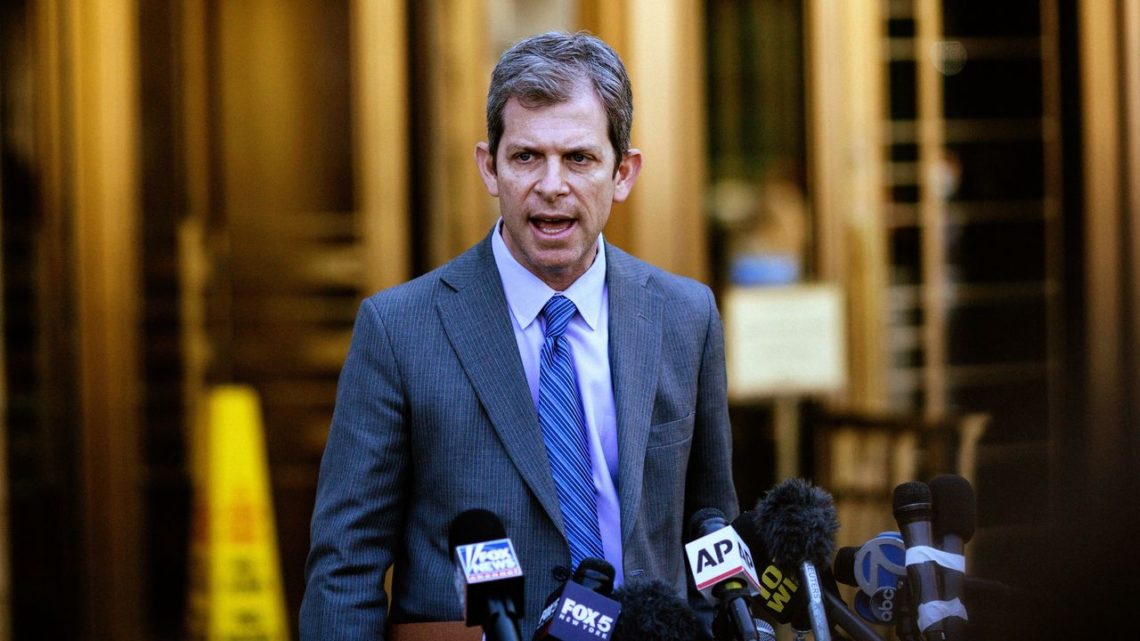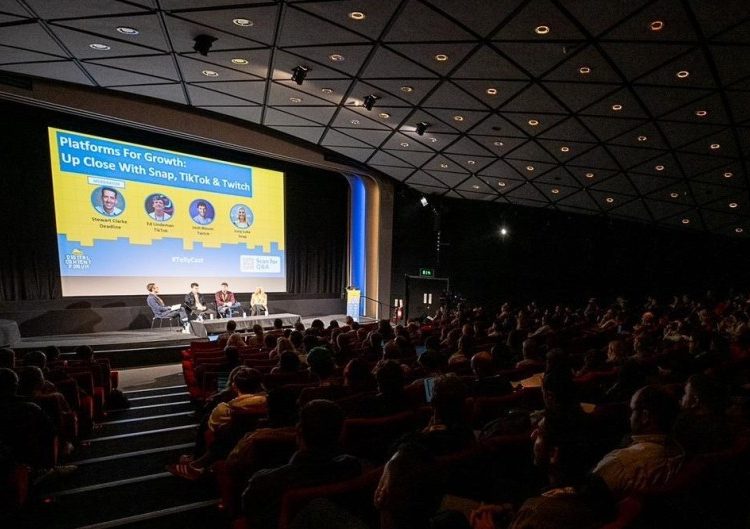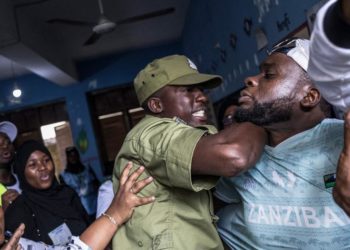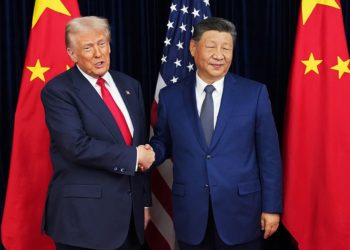For two days last month, Ghislaine Maxwell, her lawyer, and a top Justice Department official met in a Tallahassee courthouse. Backlash over the Trump administration’s handling of the Jeffrey Epstein files was cresting. The private interview did little to quell the increasingly prevalent idea that an unholy bargain between the president and Maxwell was being struck in plain sight: her assistance to Epstein’s former friend Donald Trump in exchange for her freedom, or something closer to it.
As Maxwell’s attorney David Oscar Markus explains it to Vanity Fair, cheerfully apologizing for not being able to say more, there’s no cause for concern—even after his client was moved to a lower-security facility on Friday, and even as Trump waxes freely about his pardon power.
“I wish I could respond to those critics,” the Miami-based lawyer tells me, “but we’re just not going to comment on that.”
In his representation of Maxwell, Markus has stuck with the argument that her lawyers have made since she was indicted towards the end of Trump’s first administration.
“I’m convinced she never would’ve been charged had Epstein not died in prison,” he insists. “They needed somebody in that chair, and she was the next person up.”
As the White House seeks to tamp down the furor it has faced since announcing that it would not release further information on Epstein, it has largely shifted focus toward Maxwell. ABC News reported on Tuesday that the Trump administration is considering releasing transcripts of Maxwell’s DOJ meetings, and that nothing from the exchange would implicate Trump. The interview was conducted by Todd Blanche, Trump’s deputy attorney general and his lead defense attorney during his hush-money trial last year, as well as a friend of Markus’s. (Blanche was the first two-time guest on Markus’s podcast “For the Defense.”)
“The deputy attorney general is seeking the truth,” Markus told reporters after the meetings. “He asked every possible question, and he’s doing an amazing job.” In front of the cameras, he looked comfortable but unflashy as defense lawyers go, more likely to be seen carrying a backpack into court than wearing a double-breasted suit.
Despite his silence on some of the particulars, Markus has been waging Maxwell’s battle on social media and in the press. “Thanks @RepJamesComer,” he wrote on X after the House Oversight Chair announced that the committee was subpoenaing his client. “Respectfully, here’s our response.” In addition to her efforts to secure a pardon, Maxwell is appealing her child sex-trafficking conviction on the basis that Epstein’s notorious 2007 non-prosecution agreement shielded her as a co-conspirator. “President Trump built his legacy in part on the power of a deal,” Markus wrote in a statement last month. “We are appealing not only to the Supreme Court but to the president himself to recognize how profoundly unjust it is to scapegoat Ghislaine Maxwell for Epstein’s crimes, especially when the government promised she would not be prosecuted.”
Maxwell’s family has also been circulating talking points developed on its advocacy site, realghislaine.com. To play offense online as well as in the court has lately become a more regular strategy in high-profile criminal matters, with lawyers for Karen Read and Sean “Diddy” Combs taking up the role. (Combs’s attorney Teny Geragos, who defended the mogul on TikTok in the lead-up to his sex-trafficking and racketeering trial in May, is slated to appear on Markus’s podcast soon. Combs was acquitted on the most serious charges he faced but convicted on two prostitution counts.)
“Look at what happened with Senator [Bob] Menendez with the gold bar pictures in the indictment,” Markus says. “Defense lawyers have to be permitted to combat that in the media. Otherwise, you can’t get a fair shake with not just the court of public opinion, but with jurors.”
Markus’s father practiced law in Miami for over 50 years, and as a child, Markus took a liking to the criminal side of the field and the action that came with it. “I love representing the underdog, fighting the bully,” he says. “I could never be a prosecutor, I could never put people in cages.” He was mentored at Harvard Law School by Alan Dershowitz before the attorney had his own entanglement with the broader Epstein saga. (Maxwell “knows everything,” Dershowitz recently said in a Fox News interview. “She is the Rosetta Stone.”)
Markus’s clients in Florida have ranged from former Tallahassee mayor Andrew Gillum to a pair of Colombian brothers who founded the Cali Cartel, for a time the world’s leading cocaine supplier. “That was one of my biggest regret cases,” Markus says. “Not that I took his case, but that we didn’t go to trial.”
The Rodríguez Orejuela brothers cut a deal in 2006 with Alex Acosta, the same federal prosecutor who struck the agreement with Epstein that continues to reverberate nearly two decades later. Now, one of the least sympathetic characters in American life has received a few hints of support on the right in recent weeks, with Newsmax host Greg Kelly noting that Maxwell is in “jail right now for, like, forty years or something crazy.”
In Markus’s case, it didn’t take any work to find the good in her.
“That’s going to strike a lot of people as odd, and people are going to raise their eyebrows at it,” he says, “but those people couldn’t be criminal defense lawyers.”
More Great Stories From Vanity Fair
-
Inside the Celebrity Boat Trip That Was All Over Your Feeds
-
The Heartbreaking Love Story of Liam Neeson and Natasha Richardson
-
The Real Problem With Sydney Sweeney’s American Eagle Ad
-
How Trump Became a South Park Target
-
What’s Going On With Marjorie Taylor Greene?
-
Inside King Charles’s Lesser-Known Castle
-
The Demise of a Hamptons Dream
-
George Clooney and Adam Sandler, Together at Last
-
What I Witnessed Inside an ICE Women’s Prison
-
From the Archive: Dating Jeffrey Epstein
The post Ghislaine Maxwell’s Lawyer to VF: “I Love Representing the Underdog” appeared first on Vanity Fair.




